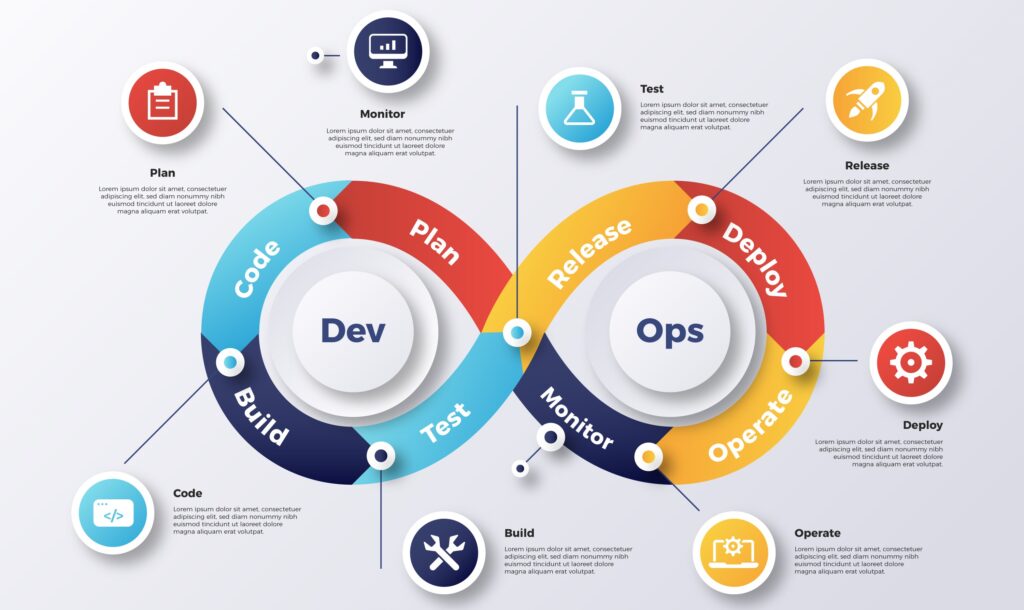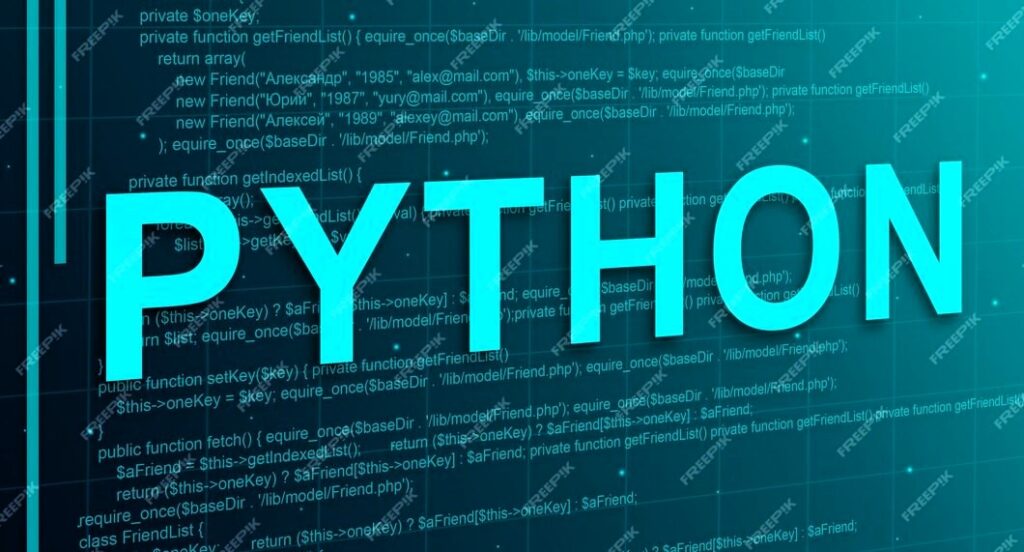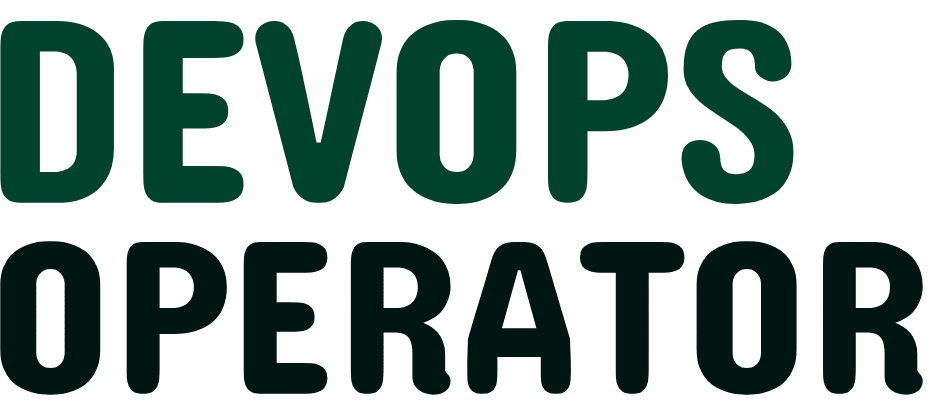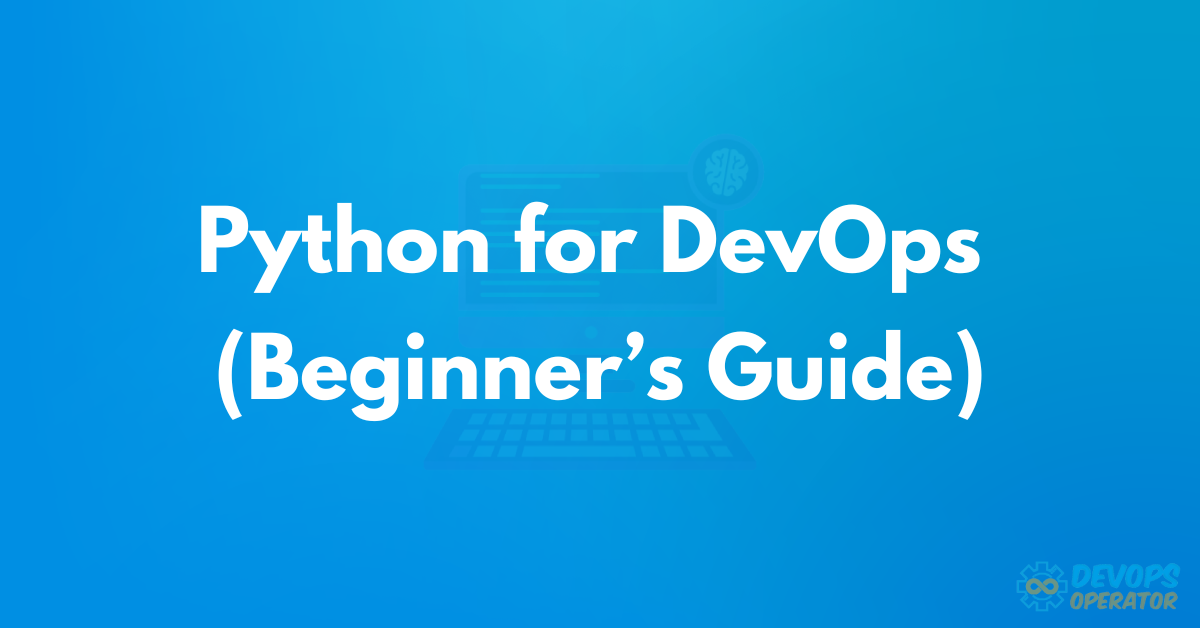My journey in the world of DevOps has made me realize the significance of tools like Python. In this blog, I am going to share my experience with Python.
I will also talk about why it is a must-have for DevOps and how it’s put to work in real-world scenarios.
I have added some reliable sources for you to start learning about Python for DevOps as a beginner. You can also refer to the learning roadmap for DevOps engineers.
Programming skills have become important in the field of DevOps. I hope you know that DevOps engineers aren’t expected to build complete applications like software developers.
The way I use programming in DevOps has its unique focus and purpose.
In this beginner’s guide to Python for DevOps, you will learn about why Python is a valuable asset in DevOps along with some real-world applications.
This guide is a comprehensive resource for understanding the role of programming and Python scripting for DevOps.
Let’s Dive IN!!!
Get exclusive savings with Liquid Web Coupon codes! Unlock discounts on top-notch web hosting solutions for your online ventures.
What is DevOps?
DevOps is the combination of two words, that is, “development” and “operations.”
It is about combining various tools, practices, and cultural principles to make organizations better at delivering services to their customers.

DevOps increases the efficiency and overall performance of an engineer. It does so by speeding up the process of updating and enhancing existing products.
I could do everything about software development much faster than the traditional ways.
The organization gets a lot of benefits from DevOps like top-notch services to their customers and being ahead in the competitive market.
DevOps is a game-changer that I rely on to make things work better and faster in the world of technology when gaining hands-on experience, getting the Linux certification courses for DevOps can open up new opportunities for moving forward in your career.
What is Python?
Python was created by Guido van Rossum in the late ’80s and early ’90s. It is my go-to programming language because of its high-level language that’s been around for a while.

Python is one of the most simple programming languages, which is easier to work with and doesn’t demand a lot of effort. I can create really amazing applications without having to stress it much.
The feature of Python to interpret code line by line allows me to spot and fix errors more easily. This is what I have trusted the most so far when it comes to compatibility and reliability.
Why is Python important for DevOps?
There could be many reasons why Python is important for DevOps. It could be a popular programming language, its line-to-line interpretation, and more, and let me tell you why.
Below, I am going to talk about the same.
Versatility
I use Python DevOps because it’s a very popular and versatile programming language. It’s widely used in various fields like web development, data analysis, and more.
Libraries
Python is handy because it has a lot of libraries. It helps me perform a wide range of tasks efficiently.
When you’re trying to automate things with Python, there are lots of helpful Python libraries you can use. Below are some important Python libraries used for DevOps that you must checkout:
Testinfra, pytest, Scapy, Fabric, Paramiko, Graypy, PyYAML, Jinja2, Requests, OS Module, StatsD, Kubernetes Python Client, HTTP, urlib3, JSON, Subprocess, and GitPython.
Automation
Python is great for automation. I can use it to write scripts that help me automate repetitive tasks.
It is also possible for me to create advanced automation scripts because tools like Selenium and Appium are also compatible.
Community
Python also has an amazing and huge community that supports me. There are forums, guides, and Kubernetes basics for beginners available all over the internet.
In case of any issue, I can easily reach out to the community members to learn and solve problems.
Visualization
Python helps in creating attractive data visuals. I have also taken help from libraries like Seaborn and Matplotlib to create beautiful graphs and figures to visualize data effectively.
Machine Learning
In DevOps, Python helps me with machine learning as well. There are specialized libraries like TensorFlow and SciPy that I can use to implement machine learning solutions.
Linux
Another thing I find convenient is that Python comes pre-installed on all Linux systems.
If you have a Linux system, then you can use Python in the default system, and you do not have to use it on the server.
Operations
Python works well in different development, testing, and production environments. This flexibility makes it very productive for me in various DevOps processes.
Python Learning Roadmap For DevOps Engineers
You might be thinking, How much Python is required for DevOps? To answer your question, below I am providing a list of topics and courses that you can pursue to develop a roadmap for Python Learning.

You will get to know how to start learning about Python, how to continue the journey, and how to be a pro at it.
Also, there is a certain limit of knowledge that’s a must-have to use Python for DevOps.
Python Learning Roadmap for DevOps Engineers:
- Python Environment Setup
- Basic Syntax
- Variables
- Python Data Types
- Conditionals
- Loops
- Regular Expressions
- Methods
- Python Modules for DevOps
- Exception Handling
- Utilizing Python Cloud SDKs (Boto3)
Once you have a good grasp of these Python concepts, you can start applying your knowledge to real-world DevOps tasks. Here are some resources for a guided way to learn Python from scratch:
- Learn Python 3 from Scratch
- Introduction to Python Programming
- Python for Beginners – Full Course
The amount of Python knowledge you need for DevOps can vary depending on your specific tasks and projects.
As a beginner, I started with mastering the basic concepts and gradually building my skills.
After some practice, I got to know how to automate, manage infrastructure, and streamline DevOps processes effectively.
Benefits of Python in DevOps
There are many amazing benefits of Python in DevOps. Let me explain some of the best benefits that I have felt based on my experience:
Efficiency
Discovering the Best Websites to Learn Coding Online has opened up a world of possibilities for me.
Python in DevOps allows me to write code efficiently using the best practices and patterns. can do things faster and more effectively.
It helps me get tasks done faster and more effectively. Also, with the resources and support provided by the Linux Foundation, I can enhance my CKA and Python skills even more effectively.
By keeping an eye out for the Linux Foundation CKA coupon code, I can also save money on valuable courses and materials from the Linux Foundation.
So, as I work on my skills, I’m also snagging discounts on the tools and materials crucial for my success in DevOps.
Agile Programming
Python has a simple and easy-to-remember syntax. Whether I’m scripting for automation or deploying web applications, Python makes the process smooth and straightforward.
Simplified
Python simplifies scripting, automation, and programming, making it accessible for both beginners and experienced developers like me.
Adaptability
Python helps me build scalable and flexible applications using efficient methods. This is an important thing because the tech landscape is always changing.
Great Combination
The partnership between DevOps and Python is a dynamic one. It continues to evolve over time and helps me build apps, automate processes, enhance productivity, and ensure efficiency.
Organizations can use this combination to easily meet the ever-changing expectations of the customers.
How to use Python in DevOps?
Python plays a crucial role in automating various tasks within the DevOps process. Let me break down the process of using Python in DevOps:
Monitoring:
- I can keep an eye on system health.
- Use Python to create scripts for automated monitoring.
- Python libraries like psutils help to monitor processes and system status.
- Python can notify me by generating alerts when something goes wrong.
Deployment:
- Python is easy for scripting the deployment of applications.
- Tools like Cuisine and Fabric provide modules that assist in deploying, configuring, and managing applications.
- Assistance throughout the lifecycle of managing applications, from development to testing and production environments.
CI/CD and Configuration Management Pipelines:
- I can use Python for automating continuous integration and continuous deployment (CI/CD) pipelines.
- It simplifies scripting, making the CI/CD process efficient and error-free.
Cloud Automation:
- Create infrastructure-specific scripts for cloud platforms.
- Using the Python SDK modules like Boto for AWS and google-cloud-storage for Google Cloud Platform.
- Create, configure, and manage DevOps apps in the cloud.
- Use Apache Libcloud (generic library) for easy infrastructure manipulation.
Platform Independence:
- Python is a versatile and platform-independent language.
- Use it across various development, testing, and production environments.
- Ensure flexibility in DevOps work.
Extending DevOps Tools:
Curious about what are Dockers? Well, they’re like magic tools for DevOps folks, making it super easy to deploy and manage applications smoothly like:
- Python knowledge comes in handy when working with popular DevOps tools like Git, Docker, Jenkins, and Kubernetes.
- Ansible is built on Python, which allows me to customize and implement it according to my needs.
- Available tools like Docker Compose, Ambassador API Gateway, and Apache Libcloud.
- Best for cloud-native DevOps landscape.
Popular Python Libraries and Tools to Automate DevOps Processes
Let me provide you with some of the most popular Python libraries and Tools that you can use to automate DevOps processes:
- Pandas
- Selenium
- Pytest
- Beautiful Soup
- Jenkins
- SciPy
- Behave
- Ansible
- BrowserStack Automate
- TensorFlow
Use the above libraries to get your work done efficiently without having to write extra code and scripting unnecessarily.
Conclusion
Hopefully, this guide on Python for DevOps has given you enough motivation to use Python.
I have talked about several aspects of using Python, and why it is one of the most suitable programming languages for beginners out there.
It is the best way to start your scripting in DevOps as a beginner. Start learning today!!!
Frequently Asked Questions
Should I learn Python or Golang for DevOps?
Both Python and Golang are popular programming languages used in DevOps. Your choice is entirely up to your preference, compatibility, and usage. Python strongly supports automation system administration tasks and more. You can use it to build complex workflows and pipelines along with existing DevOps tools. On the other hand, Golang is better when it comes to performance. It has advanced features for distributed systems. If you use tools like Kubernetes and Terraform, then you should use Golang.
Is Java or Python better for DevOps?
The choice between Java and Python for DevOps depends on your specific needs and preferences. Both languages have their advantages, and the decision should be based on the nature of your projects and your team’s expertise. Python is better at scripting and automation. On the other hand, Java is used for large-scale projects.
Which Python library is used for DevOps?
In everyday work, a DevOps Engineer uses different libraries in Python such as os, sys, json, yaml, and more. These libraries help them with various tasks.
Is Python beneficial for DevOps?
Python is a super important computer language for DevOps engineers because it can work in lots of different situations, which makes it really cool for DevOps teams. Python can fit in with different computer systems like Windows, macOS, and Linux.

